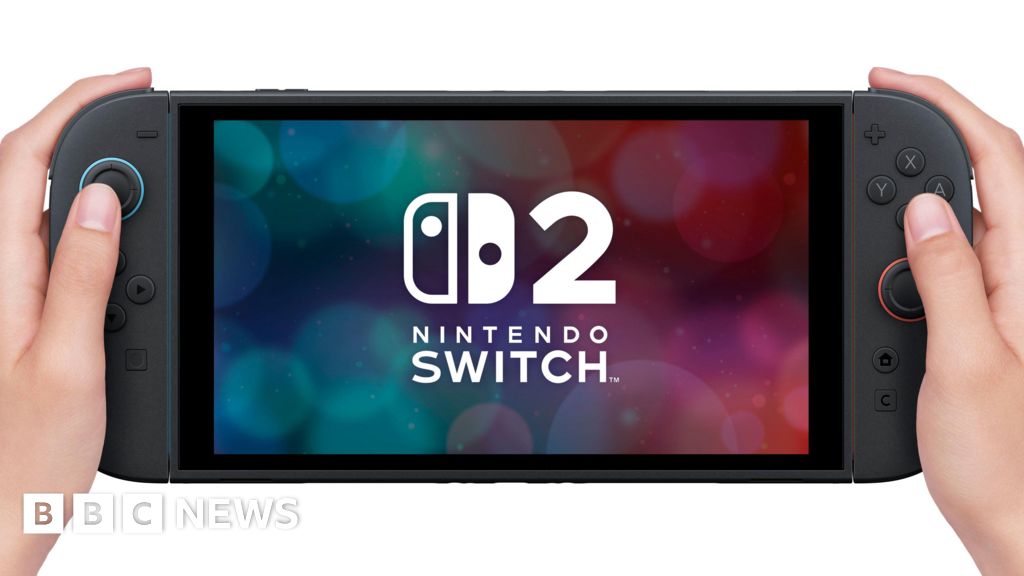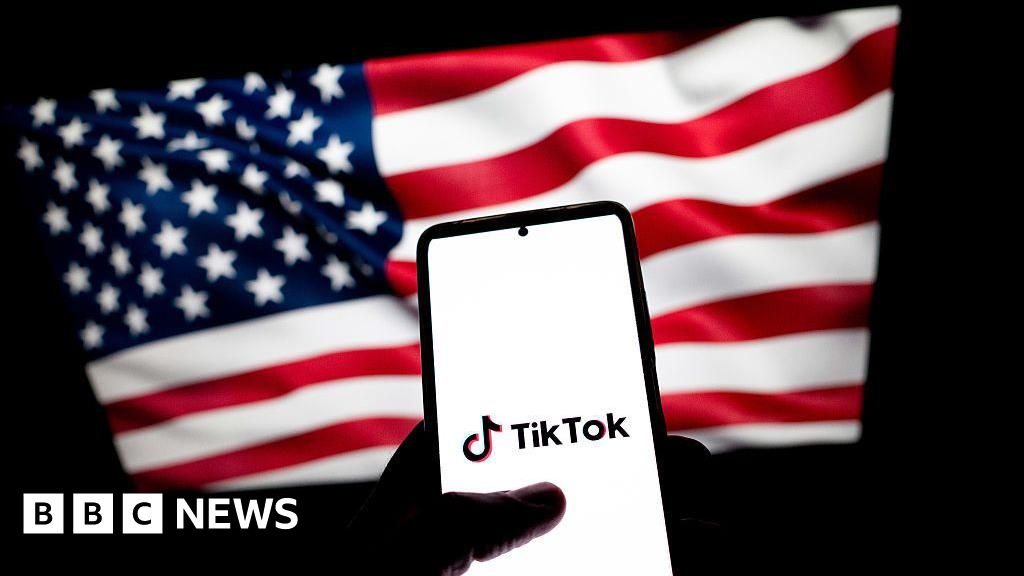ARTICLE AD BOX
Image source, Getty Images
The US Federal Trade Commission (FTC) has been given the go-ahead to take Facebook to court over anti-trust rules.
The competition and consumer regulator is trying to make Facebook - now called Meta - sell off Instagram and WhatsApp.
A previous version of the same action failed last year because of a lack of detail.
The FTC has since revised the case and a federal judge has said the claim is now "far more robust" and can go ahead.
Meta said it was sure it would prevail in court.
Seeking 'divestiture'
The FTC's claim revolves around the idea Facebook had systematically bought up rivals to eliminate competition, effectively giving itself a monopoly.
The key examples were Instagram and WhatsApp, which Facebook acquired in 2012 and 2014.
The FTC was seeking "divestiture" - the selling off of those companies to eliminate the alleged monopoly.
Considering the case in June 2021, Judge James Boasberg said the FTC had not provided a justification for its delay in looking into the matter nor provided enough evidence to support its claims.
"It is almost as if the agency expects the court to simply nod to the conventional wisdom that Facebook is a monopolist," he wrote at the time.
In the wake of the case being thrown out, Facebook's stock price surged and the company achieved a trillion-dollar (£0.7tn) market value for the first time.
Giving the revised case the go-ahead, on Tuesday, Judge Boasberg wrote: "In stark contrast with its predecessor, this complaint provides reinforcing, specific allegations that all point toward the same conclusion: Facebook has maintained a dominant market share during the relevant time period."
However, he added: "The agency may well face a tall task down the road in proving its allegations."
Meta had asked the court to dismiss the case entirely, saying Lina Khan - a vocal critic of Meta, who chairs the FTC - was biased against the company.
Judge Boasberg, however, said Ms Khan was not an impartial judge and more akin to a prosecutor.
"Although Khan has undoubtedly expressed views about Facebook's monopoly power, these views do not suggest the type of 'axe to grind' based on personal animosity or financial conflict of interest that has disqualified prosecutors in the past," he wrote.
"Firms with monopoly powers can inhibit innovation"
But the judge did tell the FTC it had to drop some allegations about Facebook's platform policies, which he said the company had already changed.
Meta said: "Today's decision narrows the scope of the FTC's case by rejecting claims about our platform policies.
"It also acknowledges that the agency faces a 'tall task' proving its case regarding two acquisitions it cleared years ago."

 3 years ago
35
3 years ago
35








 English (US) ·
English (US) ·